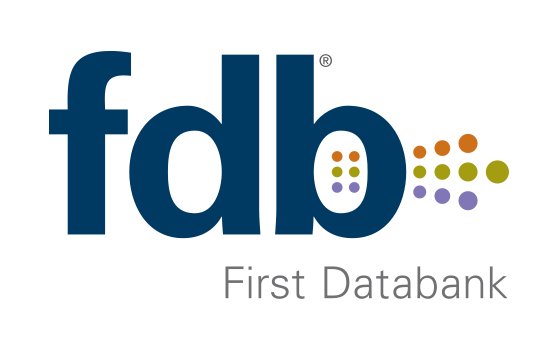 Norfolk and Waveney Clinical Commissioning Group to support prescribers to improve the quality and safety of prescribing through deploying prescribing decision technology FDB OptimiseRx.
Norfolk and Waveney Clinical Commissioning Group to support prescribers to improve the quality and safety of prescribing through deploying prescribing decision technology FDB OptimiseRx.
A newly merged clinical commissioning group responsible for planning and buying local health services for more than a million patients, has signed a new agreement to support primary care prescribers to improve quality and patient safety.
NHS Norfolk and Waveney CCG officially formed on 1st April 2020 following the merger of five separate CCGs for Norwich, North Norfolk, South Norfolk, West Norfolk, and Great Yarmouth and Waveney.
GP practices across the CCG region will now be able to use OptimiseRx - a solution provided by prescribing decision support experts FDB (First Databank) - that enables a message to be presented to prescribers when medications might require additional safety measures for patients, such as additional tests or supplementary drugs.
It also indicates when particular medicines might be potentially inappropriate, or drugs that might be more appropriate for a particular patient based on their specific medical history, and proactively highlights other clinical best practice to help guide professionals in their decision making.
The technology has proven popular in other parts of the health service where it is helping the NHS change prescribing behaviours by making relevant information easily accessible at the point of prescribing, enabling clinicians to make better informed decisions for their patients.
In parallel it has helped save millions of pounds through lower cost alternative medicines. More importantly for Norfolk and Waveney CCG is the opportunity to provide patient-specific prescribing decision support to busy healthcare professionals in GP practices.
Use of the solution, available for purchase via NHS Shared Business Services without a tender process, is expected to help the CCG support prescribers to improve the safety and quality of prescribing.
Darren Nichols, Managing Director, FDB UK, said: "Whether it is improving quality of prescribing associated with respiratory illnesses, antibiotics, renal function, high dose opiates, anti-coagulants and other key areas, Norfolk and Waveney CCG is taking proactive steps to ensure patients receive the best care possible and medicines appropriate for them.
"It's also commendable that it is engaging in this work as its workforce is tackling the greatest public health crisis to ever face the NHS. In a short space of time, OptimiseRx has been rolled out to a large number of practices, and is continuing to be deployed at pace to provide an important tool to support extremely busy NHS professionals."
About FDB
FDB (First Databank), part of the Hearst Health network, is the leading provider of drug knowledge that helps healthcare professionals make precise decisions. With thousands of customers worldwide, FDB enables our information system developer partners to deliver valuable, useful, and differentiated solutions. We offer four decades of experience in transforming medical knowledge into actionable, targeted, and effective solutions that help improve patient safety, operational efficiency, and healthcare outcomes.
About FDB OptimiseRx
FDB OptimiseRx® is the leading medicines optimisation solution for primary care in the UK. OptimiseRx combines evidence-based best practice, safety and cost-effective prescribing messages, and delivers them in real time at the point of care during the prescribing workflow.Used across more than 60% of NHS Clinical Commissioning Groups (CCGs) and Health Boards and thousands of GP practices, OptimiseRx is trusted and valued by prescribers. OptimiseRx is the only solution that delivers patient-specific prescribing guidance, integrated with prescribing workflows, supporting medicines optimisation at the point of care in EMIS Web, TPP SystmOne and Microtest Evolution. Tailored to the patient medical record, OptimiseRx takes into consideration current and previous medications, morbidities, observations and measurements to support prescribers to make the safest, most clinically appropriate prescribing decision.